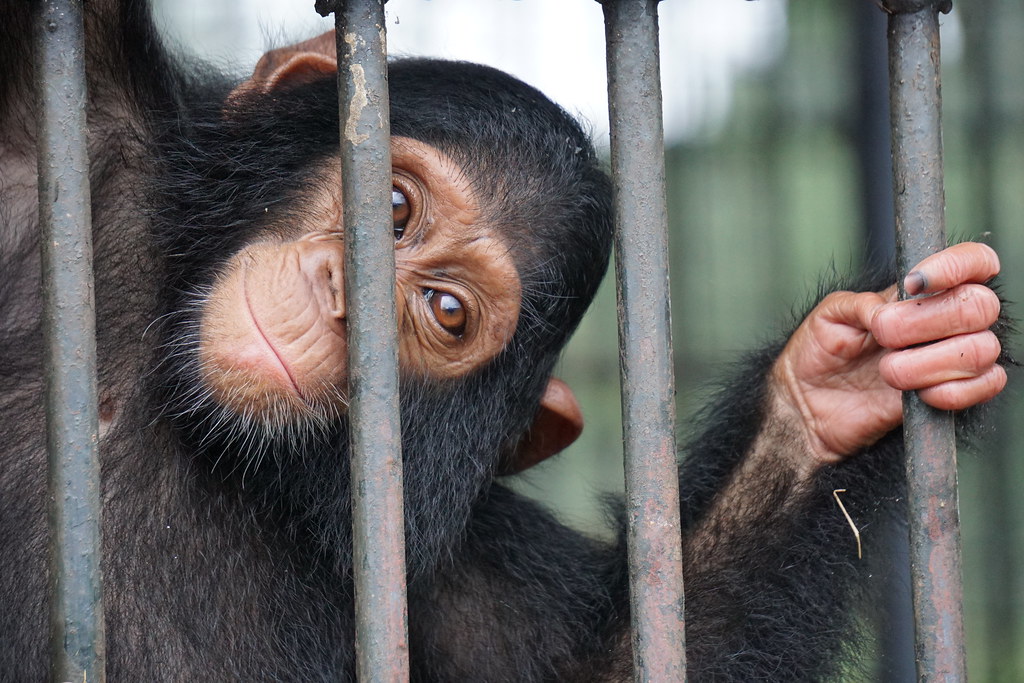Most new pathogens affecting people originate in animals, including the coronavirus that causes Covid-19. That is why monitoring the illegal wildlife trade is of primary importance if we are to avoid future pandemic, stresses Vincent Nijman, a professor at Oxford Brookes University.
“Covid-19 more than anything else has put a spotlight on emerging infectious diseases and how this is linked to the trade in wild animals,” Nijman says.
“Few people are aware of its scale. With literally hundreds of millions of live wild animals being shipped around the world each year, it seems unlikely that diseases are spread through illegal channels only,” he elucidates.
The wildlife trade has reached epidemic proportions across much of the planet from Africa to Southeast Asia to South America. Troublingly, much of if has gone online, which has expanded the reach of both illegal traffickers and legal sellers exponentially.
And as wild animals are being traded, the risk of zoonic diseases spreading far and wide is ever present. Yet it isn’t just the illegal variety of the wildlife trade that poses risks. So does the legal trade in animals.
“[I]n many instances, the legal wildlife trade is several orders of magnitude larger than the illegal trade,” the expert notes. “It is ineffective and possibly dangerous to focus on the illegal wildlife trade only.”
China, the European Union and the United States are among the three largest importers of wildlife.
The legal import of live animals into the US alone, primarily from Asia, amounts to staggering proportions with tens of millions of creatures each year, including more than 40 million fish, 1.75 million mollusks, over 1 million amphibians, nearly a million mammals, and hundreds of thousands of birds and reptiles.
Yet despite the vast scale of the legal trade in exotic and wild animals, disease surveillance methods for imported wildlife remain wanting everywhere, Nijman has documented.
“Parasites do not read legal documents. They cannot distinguish between animals or animal products that are traded with or without permits,” the expert stresses.
Did you like it? 4.5/5 (23)








